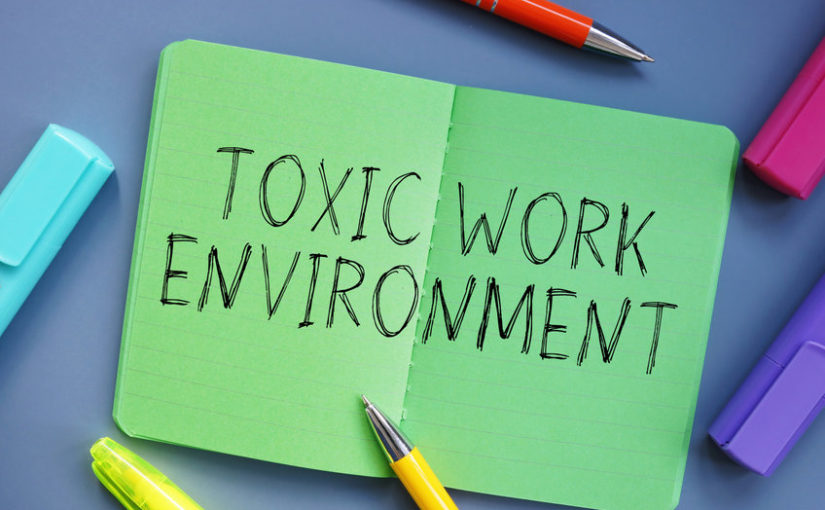
Do you lay awake at night wondering if your boss is mad at you? Do you walk on eggshells, despite no one ever yelling at you? A toxic boss will scar you long after you walk out of their office.
Toxic bosses, especially early in your career, can have lasting impacts on the way you work and build relationships. Before we dive in on how to recover (and regain your self-confidence) let’s differentiate between a truly toxic boss versus a not great leader.
Toxic bosses:
If this sounds like a former boss of yours (or your current boss) you probably have some emotional resetting to do. Working for a toxic boss can leave you with habits like waiting for the other shoe to drop, excessively worrying about upcoming meetings, and always trying to read the tea leaves to pick up on what’s “really” going on underneath. It’s no way to work and no way to live.
Here are three tips for rebounding:
Move it through your body. Our emotions live inside us and have a huge impact on our physical health. If you’re bouncing back from a toxic boss, you must first get the self-doubt and anger out of your body. Try an intense workout, dancing to your old high-school jams, or even a rage room (a room literally designed for you to destroy stuff like old appliances and windows).
Lean into new relationships. A toxic boss will leave you more concerned about self-preservation than collaboration, which can make forming new relationships more challenging. It’s time to flex that muscle. When you’re with your new, less toxic boss (or even just with a peer) make a proactive effort to lean into the conversation. Ask questions, be curious, and offer support to other people. When you treat others that way, that’s often how they will start to treat you. This is the beginning of more supportive (and healthy) relationships.
Prevent “mirroring.” We often become whom we spend time around, and you certainly don’t want to become a toxic boss (or parent, spouse, friend, etc.) yourself. You can avoid this trap by consciously acknowledging which behaviors are toxic; Sometimes it even helps to keep a list.
Being aware of specific behaviors (instead of just being annoyed at the overall vibe) enables you to recognize when those unhealthy patterns might be resurfacing, even outside of the office. For example, if a toxic boss has always belittled your work, being aware of the specific behavior (belittling) and how it made you feel will make you less likely to replicate those behaviors with your family.
A toxic boss will make you hyper-focused on two things: protecting and pleasing. Protecting yourself, and pleasing the boss. Over time, you start to care most about their reaction to your work (rather than actually doing good work).
That stress runs through your body and amounts to an exhausting experience, where you’re unable to hear praise, create collaborative relationships, or enjoy your job.
If you’ve experienced a toxic boss in the past, I hope these three tips help you shake it off. If you’re working for a toxic boss right now, these tips will help, but they’re not a total fix. Life is too short, and your career is too precious to be derailed by a toxic leader. Take action, because your destiny is in your hands.